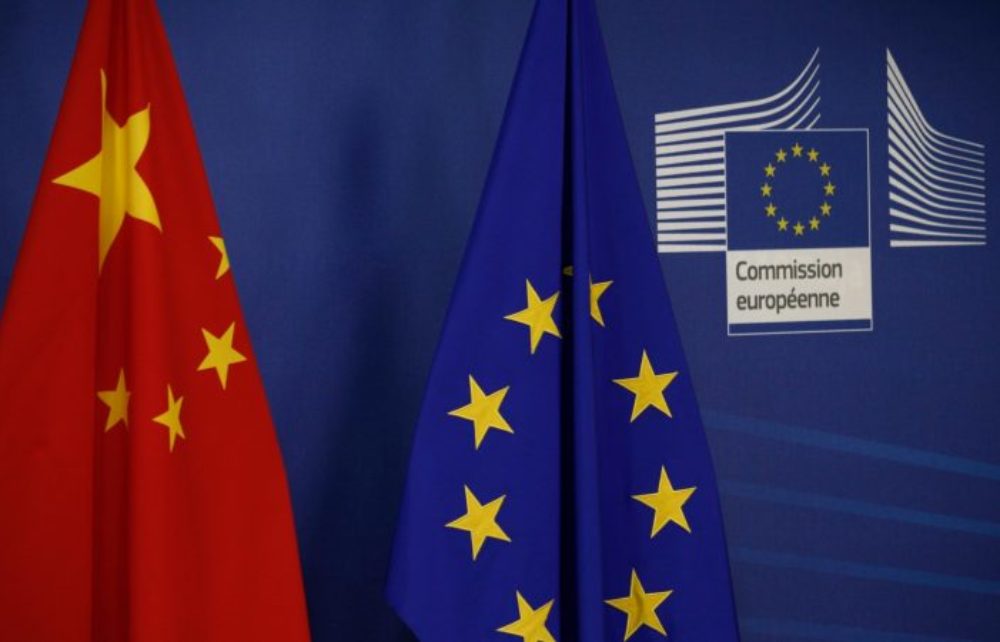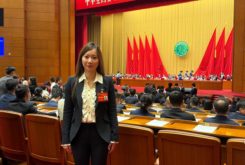European network equipment and digital services companies are expected to be ‘pushed out’ of China, as part of this country’s dual circulation strategy, European Chamber President Jörg Wuttke said.
In a comment to the approval of China’s 14th Five-year Plan (FYP) at China’s 2021 National People’s Congress, by the Communist Party, Wuttke says China’s ‘dual circulation’ strategy’ and decoupling appears to be the answer to external challenges such as the pandemic and geopolitical tensions that ‘are muddling the market’.
“Though the concept is still somewhat vague—not unusual for new Chinese policies—it seems to imply greater reliance on domestic supply chains and domestic demand as compared to the ‘international circulation’ of overseas trade and technology”, Wuttke writes.
European Chamber “Highly Encouraged” by Easing of Travel Restrictions on Foreigners by China
Depending on their sector, the dual circulation strategy will, he adds, put foreign companies in ‘business class’, ‘economy class’ or ‘cargo hold’, figuratively speaking.
“If your company has the technology or expertise to empower the rest of the value chain—like the chemicals and machinery sectors—you will find yourself in the business class, welcomed to embark on China’s journey”, the European Chamber President predicts.
The non-contentious industries where consumer goods are produced—like automotive—are likely to be put in economy class, with China ‘welcoming investment in local production sites that will eventually reduce imports of high-quality European goods demanded by Chinese consumers’.
“That leaves the areas where China’s industrial policy will be to remove foreign competition in the Chinese market so that its national champions can flourish. Unfortunately, this means that foreign companies in sectors where China wants to become self-sufficient or to dominate globally—like network equipment and digital services—will be increasingly pushed out (if they had been let in at all)”, according to Wuttke.
In preparing for the coming five years, companies should determine which ‘class’ is on their ‘ticket’ and ‘then start to formulate a strategy to maximise opportunities within the boundaries of the FYP, determining where to help China achieve its new goals’.
Analysis: Comprehensive Agreement on Investment Encourages EU Companies to Invest in China*
FYPs function as the foundation for the strategies implemented by the various ministries, provinces and municipalities, focusing on medium-term targets, coordinating departments that usually do not interact, and building political consensus for the main programmes and policies.
In his article for the Chamber publication, Wuttke recalls that about the previous FYP he previously wrote that the Chinese Government ‘was capable of bringing unequal treatment to an end, as well as of negotiating an ambitious Comprehensive Agreement on Investment’.
“While we have seen the latter happen just in time for the new FYP, and recent events have thrown ratification of this agreement into doubt, the unequal treatment and discriminatory practices against foreign enterprises endures”, he now says.




